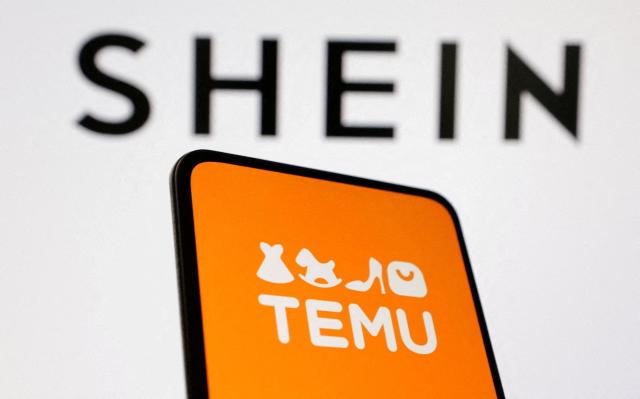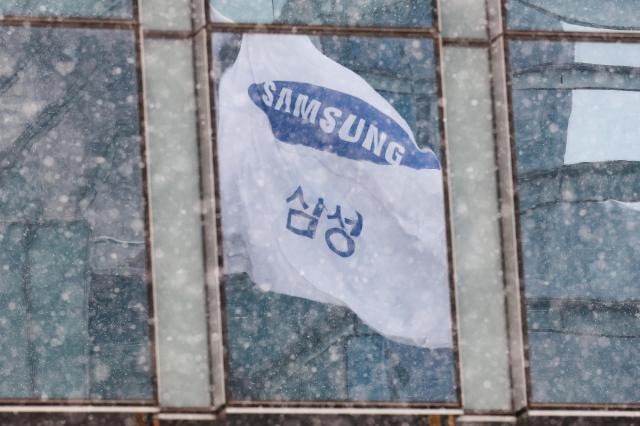이미지 확대

The platforms' push comes amid escalating U.S.-China trade tensions, with the second Trump administration imposing new tariffs on Chinese imports, including those from cross-border e-commerce companies. As a result, Chinese retail giants are looking to alternative markets to sustain their global growth.
South Korea’s online shopping industry has seen record-breaking growth. According to data from Statistics Korea released Tuesday, e-commerce transactions reached an all-time high of 242.1 trillion won ($167 billion) in 2024, a 5.8 percent increase from the previous year.
Chinese platforms have been a driving force behind this surge. Cross-border purchases from Chinese e-commerce companies climbed 48 percent to 4.78 trillion won in 2024, making up 60 percent of all overseas direct purchases by South Korean consumers.
AliExpress and Temu have rapidly expanded their user base in South Korea.
As of January, AliExpress had 9.12 million monthly active users, while Temu followed closely with 8.23 million. Though still trailing domestic leader Coupang’s 33.03 million users, the Chinese giants have steadily gained ground.
Despite concerns over product safety - following the discovery of toxic substances in household items sold on their platforms in late 2024 - AliExpress and Temu have remained resilient.
Their rapid expansion has unsettled South Korea’s domestic e-commerce sector.
Established players like 11Street and GS Retail’s GS Shop are struggling to keep pace. Some, such as Shinsegae Group’s Gmarket, have opted to collaborate rather than compete, forming a joint venture with AliExpress to bolster their market position.
Analysts say U.S. trade policy could further accelerate Chinese platforms’ focus on South Korea.
"The U.S. government's decision to impose tariffs on small purchases under $800 could prompt Chinese e-commerce platforms to intensify their ultra-low-price strategy in the Korean market," an industry insider said.
Chinese companies are already ramping up efforts to attract South Korean shoppers.
Temu recently launched a holiday promotion offering 90 percent discount coupons, while both Temu and AliExpress have strengthened their logistics networks through partnerships with CJ Logistics, South Korea’s largest delivery service provider.
At the same time, Chinese platforms are expanding their outbound sales from South Korea. AliExpress recently unveiled a global selling program, offering Korean businesses fee waivers for five years and AI-powered translation services to reach markets like the U.S., Japan, and France.
The surge in cross-border e-commerce has sparked renewed debate over South Korea’s duty-free import threshold, currently set at $150 ($200 for U.S. goods). Domestic businesses argue that the policy creates an uneven playing field, allowing foreign sellers to undercut local competitors.
Copyright ⓒ Aju Press All rights reserved.





View more comments